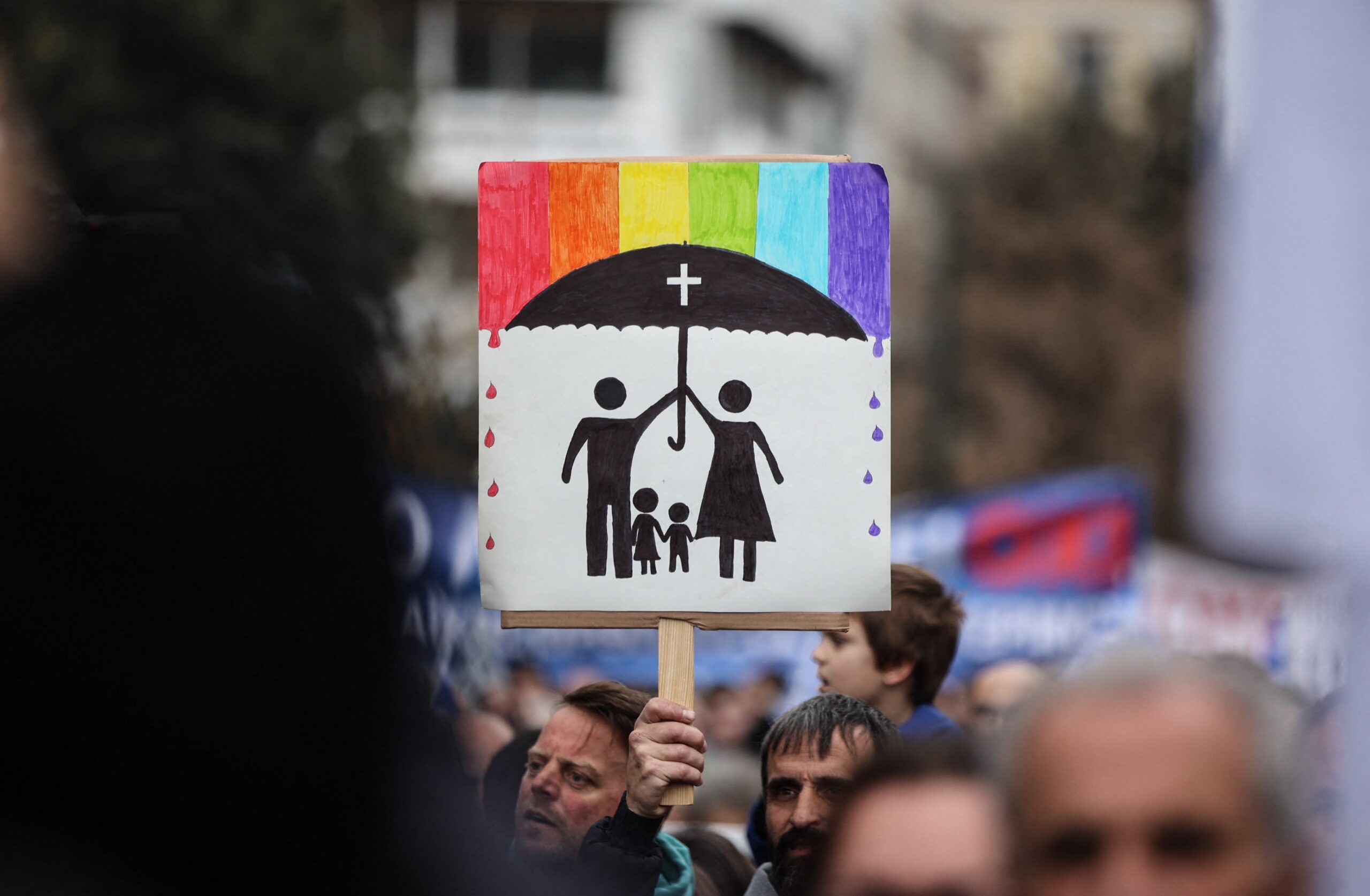So, I’ve been mulling over this whole same-sex marriage debate for a while now. It’s one of those things, you know? You hear folks arguing, shouting on TV, posting all sorts of stuff online. For a long time, I just chalked it up to, well, different beliefs. Some people are for it, some against, and that’s that. But then I started to dig a little, just observing, listening to what was really being said, or not said.

I remember thinking, why is this such a huge, knockdown, drag-out fight? It’s not just about two people wanting to get married, is it? It felt bigger. So, I started to pay more attention to the arguments, especially from those who were really, really against it. What were they so worried about losing? Or what were they trying to protect so fiercely?
And then it kinda clicked. This wasn’t just a polite disagreement. This was a fight over stuff. Not just, like, physical stuff, but power, and who gets to say what’s “normal” or “right.”
Think about it. For ages, one particular idea of marriage held all the cards. It was the recognized thing, the official version. It came with all sorts of benefits, not just the warm fuzzy feelings, but real, tangible things – legal rights, hospital visitation, inheritance, tax breaks, you name it. It was like an exclusive club, and the definition of “marriage” was the gatekeeper.
Then you have a whole bunch of people, same-sex couples, saying, “Hey, we want in. We deserve those same things. Our relationships are just as valid.” And that, right there, is where the conflict really heats up. It’s not just about adding more people to the club; for some, it felt like changing the very nature of the club, or even threatening its existence.
So, I started seeing it like this:

- One group is holding onto power and tradition. They’ve got the institution, the social approval, the historical backing (as they see it). Changing the definition feels like losing control, like their worldview is being devalued or that the “specialness” of their institution is diluted.
- Another group is demanding equality and access. They’re fighting for recognition, for the same rights and social standing. They’re challenging the old structures that kept them out.
It’s a struggle over resources, really. The resource of “marriage” itself – its definition, its social capital, its legal advantages. Who gets to define it? Who benefits from that definition? When you look at it that way, all the anger and the passion make a bit more sense. It’s not just abstract beliefs clashing; it’s groups with different interests battling it out.
I realized that this is how a lot of big social changes happen. One group has the power, sets the rules. Another group challenges those rules because they’re excluded or disadvantaged. It’s a fundamental kind of push and pull. It’s a classic power struggle, plain and simple.
So, when I hear debates about same-sex marriage now, I try to look past the surface arguments. I see this underlying conflict: a fight for legitimacy, for rights, and for the power to define what society values. It’s messy, and it can be ugly, but it’s also how societies inch forward, or at least change. It’s definitely given me a different lens to look at these big social issues through. Just my two cents, from what I’ve been piecing together.









